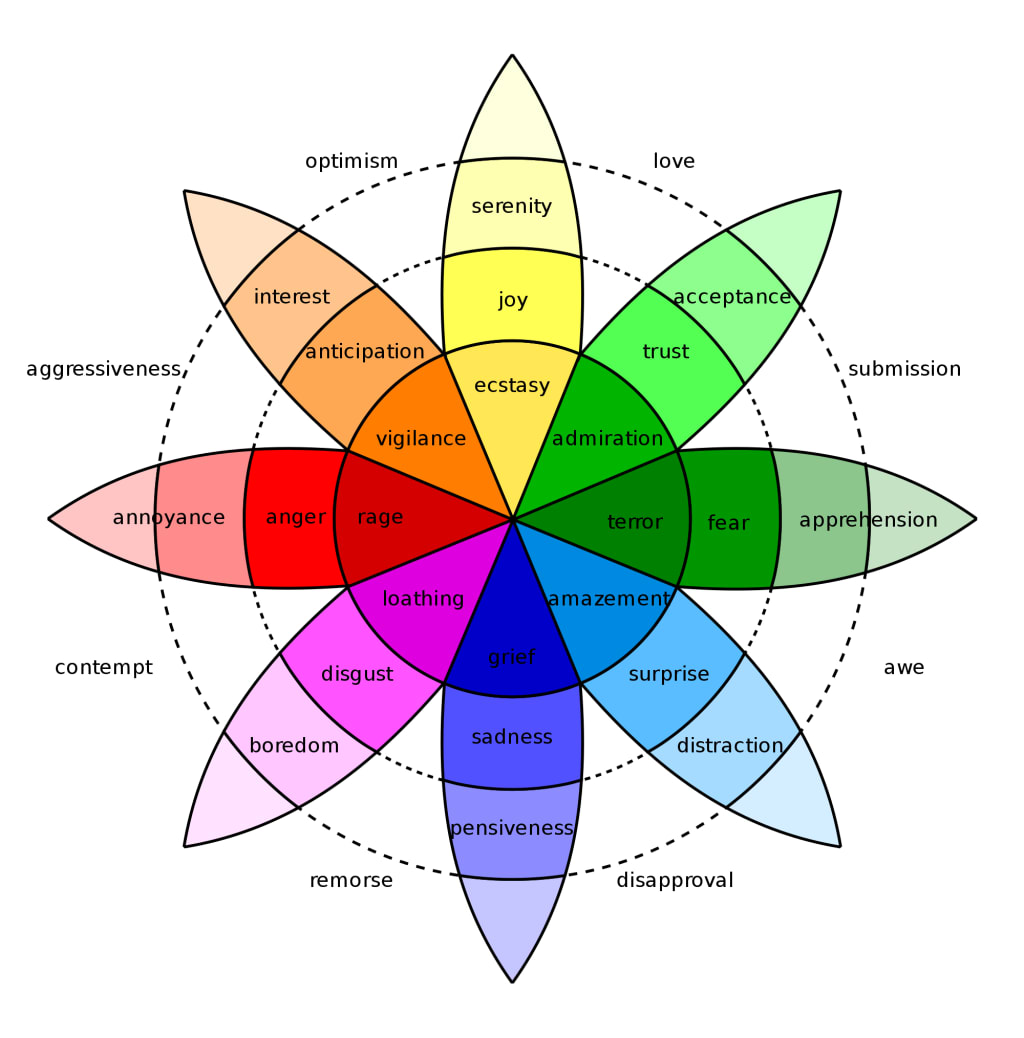Do Autistics Really Have No Empathy?
Autism and Empathy

Since I started researching my symptoms I've come across article after article stating that autistic people cannot feel empathy. One thing I've noticed is that all of these articles are written by people who do not have autism. Knowing that I have a great deal of empathy, I started asking other autistic people what their experience with empathy is. The overwhelming response has been that autism actually increases empathy to a point far greater than the empathy experienced by your average individual. The problem is that the brains of people without autism do not function in this way so it is impossible for them to understand fully. Communication issues also make it difficult for autistic people to explain the experience fully. I will try my best to explain how empathy affects me and hopefully this will help others to understand better.
The definition of empathy is the ability to understand what another person is feeling. Showing empathy involves seeing things from another person's perspective so that you can understand and relate to his or her feelings. I don't think that I necessarily see things from another persons perspective, though. For me, it's much more in-depth. I experience what other people are feeling firsthand as if it were happening to me in that moment. I can genuinely tell someone that I know how they're feeling because their feelings are being physically and mentally experienced by my body. A lot of times they don't even need to tell me anything, I can just feel what they're going through. Not specifically, I mean, I'm not a mind reader. I can't tell that someone just lost a family member or a dog or a friend was injured, etc.. but I can feel that they are angry, distraught, depressed, hurt, or whatever their emotion is at that moment.
It sounds strange and unrealistic, I know. It is both a blessing and a curse. People are drawn to me because of this ability. People I have never met will completely open up and tell me their life story without worrying about any consequences or judgement. I am able to be much less judgmental than others because I can actually experience what they're going through. I enjoy being able to help people and I am very good at presenting logical ways for them to deal with their situation. The downside however is that I am not in control of this experience; I can't turn it on and off, so to speak. It's always on and I quite often get overloaded with other people's feelings.
Imagine walking through a crowded mall. You enter at the main door and your goal is to reach a store at the far end of the mall and purchase some ink for your printer. Easy, right? About a five minute walk, two minutes to get what you want, another two minutes to stand in line, back to the car, and you're out of there. For me, not so easy. During that initial walk through the mall I pass around 50 people. Because I can feel other people's strong emotions, I may be overwhelmed by excitement, sadness, fear, anxiety, anger or a combination of other feelings all within that first five minutes. I try not to focus on all those feelings now jumbled inside me to which I have no context and no understanding. I look for my ink. I take it to the checkout where once again I am standing among a number of people. I may feel the frustration of the parent trying to get their child to behave, the upset of the child who can't have what they want, the impatience of busy people waiting in line. All these feelings mix with the ones from the walk in and I'm starting to feel very edgy. I get to the till and quickly pay for my ink. Just the thought of walking back through all those people in the mall and adding more feelings to the ones already playing havoc inside me is overwhelming. My heart rate goes up, I walk as fast as I can to get out of there. Once back at the car, although I am relieved, I can't get rid of those feelings I picked up while inside and I start to panic. I may not be able to get back to a calm state for many hours after this. Next time I think I'll send my husband, LOL.
Although I feel this sort of empathy is a blessing, it is very difficult to live with. I prefer to do things at home or in one on one situations to avoid being so overwhelmed. When people ask me to go to a group event and I turn them down, it's tough to explain this all to them, so most often they are hurt or offended at my refusal.
I may do another article on empathy in the future as it is a complicated subject and this only touches on a few small areas. No two autistic people experience things exactly the same, so please remember that this is my personal experience and is not all-encompassing. I hope that this helps someone to understand some of the complexities that go on in the autistic brain.
Thanks for reading.
About the Creator
Aspie Insider
I'm a 43 year old woman with newly discovered Asperger's. I am married with 3 children who all have symptoms of Asperger's to some degree. My goal is to bring awareness to the normalcy of the person behind the diagnosis.





Comments
There are no comments for this story
Be the first to respond and start the conversation.